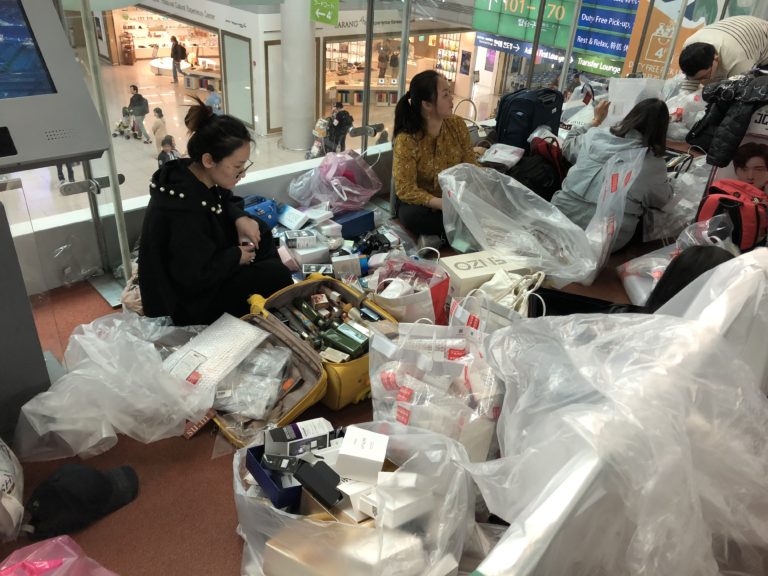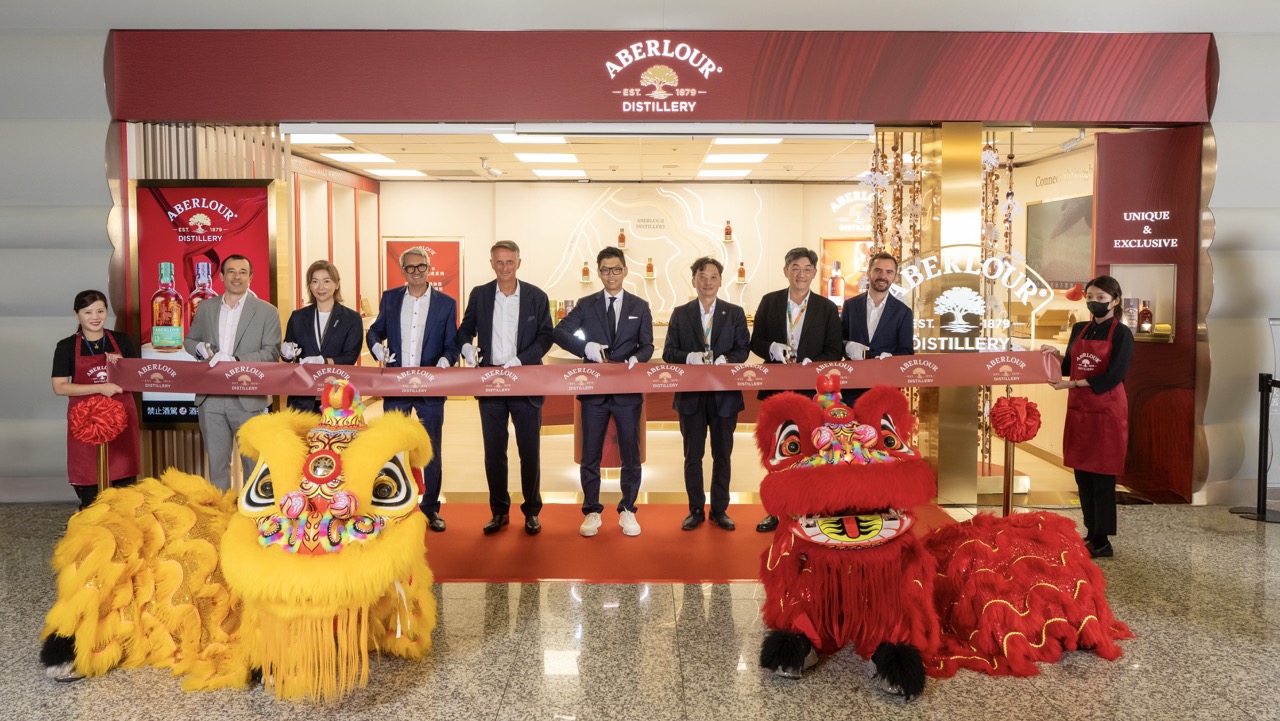SOUTH KOREA. Duty free sales in January slumped by -30% year-on-year to KRW797.4 billion (US$603.6 million) in the wake of sharply reduced commission rates to travel agencies linked to bulk daigou reselling into China {look out for a more detailed report on this major change in the sector landscape in coming days}.
The newly-published figures from the Korea Duty Free Association show a -41% decline month-on-month. The impact has been particularly severe in the key cosmetics category, which accounted for more than 70% of total Korean duty free market sales last year.

The drastic decline in sales has resulted from a late 2022 Korea Customs Service (KCS) edict to duty free retailers that “excessive” commission fees to travel agencies linked to the bulk resale of goods in China should be eliminated. This was one of 15 measures promoted by the KCS to “normalise” the duty free channel.
Duty free retailers have as a result developed alternative arrangements, including discounts and giving points to the travel agencies instead of commission fees.
The resultant drastic impact on sales has exposed an overwhelming reliance on daigou traders that has spiralled since the bitter THAAD anti-missile dispute between China and Korea in 2017. That row prompted a slump in Chinese visitors to the Republic.
Prior to that dispute the travel agency commission for providing Chinese tourists to duty free stores was generally around 20%. The travel agencies got further 15-20% discounts, which together with the commissions fuelled bulk trade to China.
However, the advent of COVID-19 meant no ‘normal’ Chinese customers could enter the Republic so the retailers came to rely on daigou bulk trade (‘Major Guests’) for around 95% of sales. Soaring commission fees (which rose as high as 40%) paid by duty free retailers during the crisis saw sales surge but profitability slump.
The impact of the commission change is borne out by the fact that customer numbers in January (250,000) were only down by 10,000 on the December figure and way above January 2022’s 50,000.
In 2022 the Korean duty free market (excluding airlines) declined by -11.5% to US$13.8 billion, marking a -35.4% slump compared with record revenues in 2019 of US$21.3 billion.

“The major reason for the decline was diminished supply from some major beauty brands, which worried that the supply from Korean duty free with excessive discounts was hurting the brand value and price structure across the region [especially the China local market – Ed],” one senior Korean duty free retail executive told The Moodie Davitt Report. “Fewer brands want to put all their eggs in one basket.”
While the major Korean travel retailers – Lotte Duty Free, The Shilla Duty Free, Shinsegae Duty Free and Hyundai Duty Free – are doing their best to diversify their customer base (in Lotte’s and Shilla’s case also by expanding overseas), the China business is certain to remain of paramount importance going forward.
The daigou commission drama has added further intrigue to the current Incheon International Airport Terminals 1 and 2 duty free tender which closes tomorrow. As reported, China Duty Free Group – the world’s biggest travel retailer by sales – is bidding on at least two concessions.
As we noted earlier, CDFG’s deep pockets and unrivalled knowledge of the Chinese consumer makes it a formidable adversary for the local giants. If successful, CDFG would become the first foreign retailer to hold a duty free contract at Incheon International Airport since incumbent DFS Group was ousted in the 2007 tender. DFS had won a five-year contract with a two-year extension from when Incheon opened in 2001.










